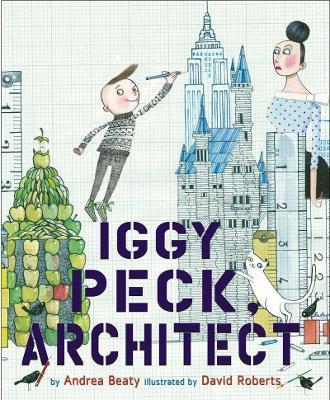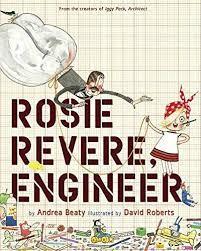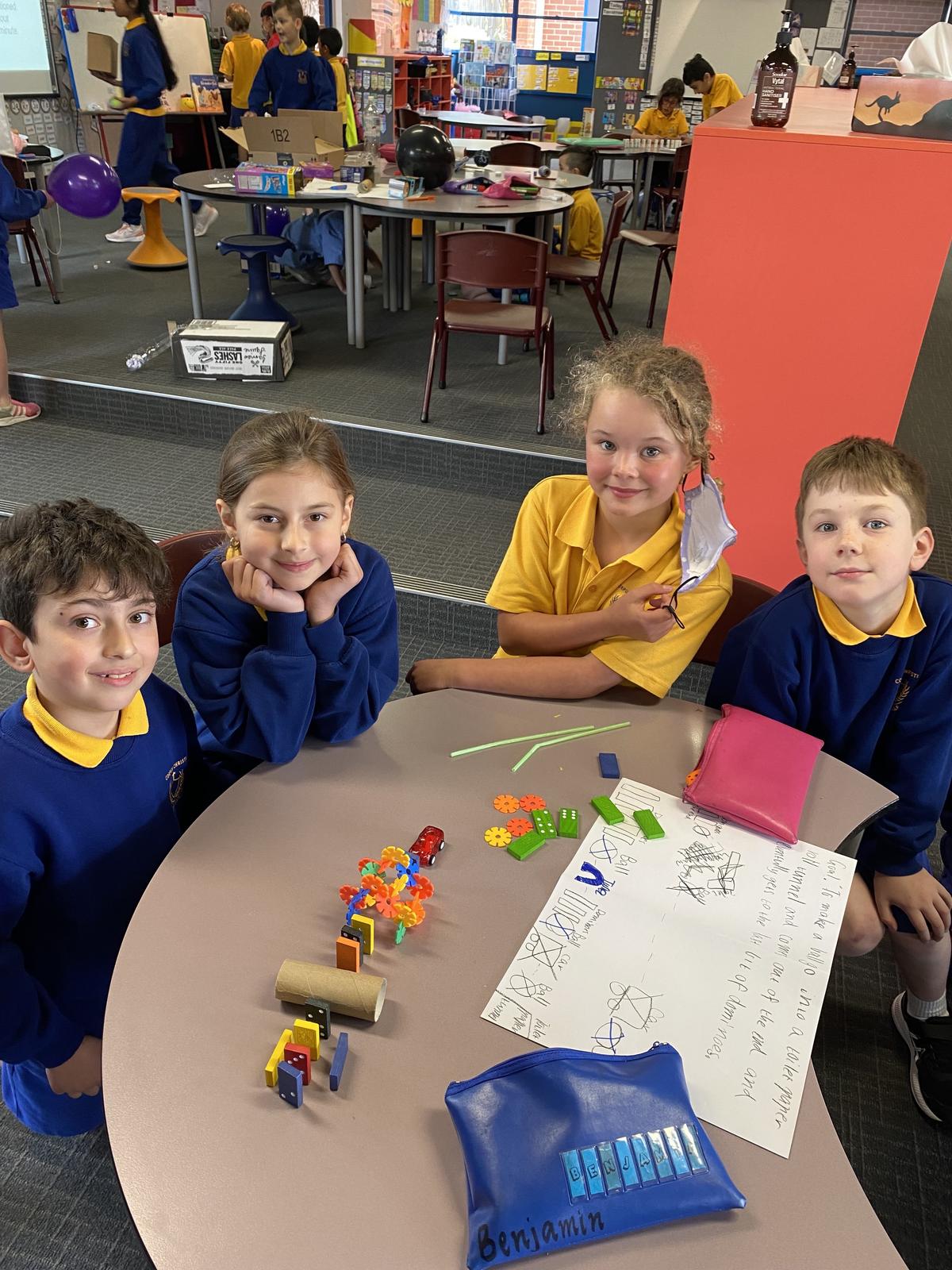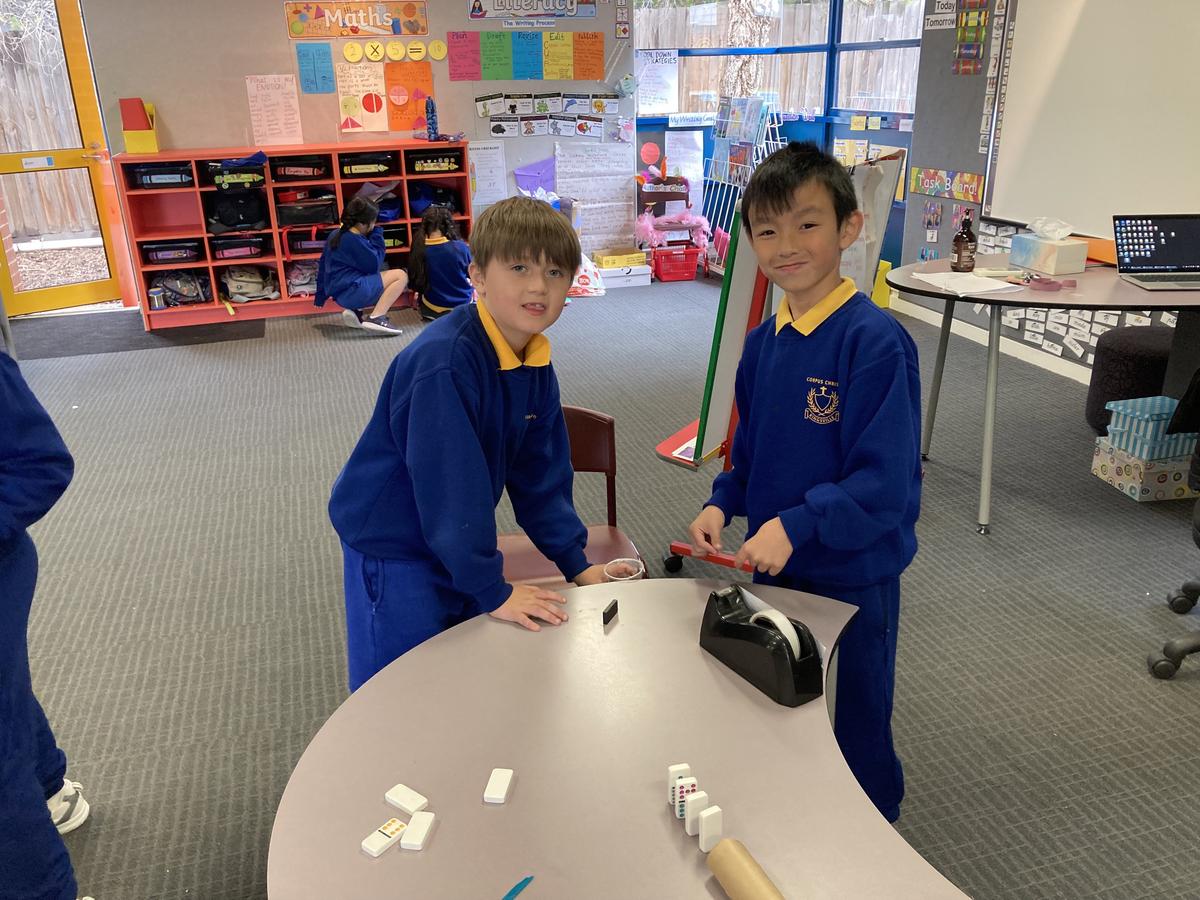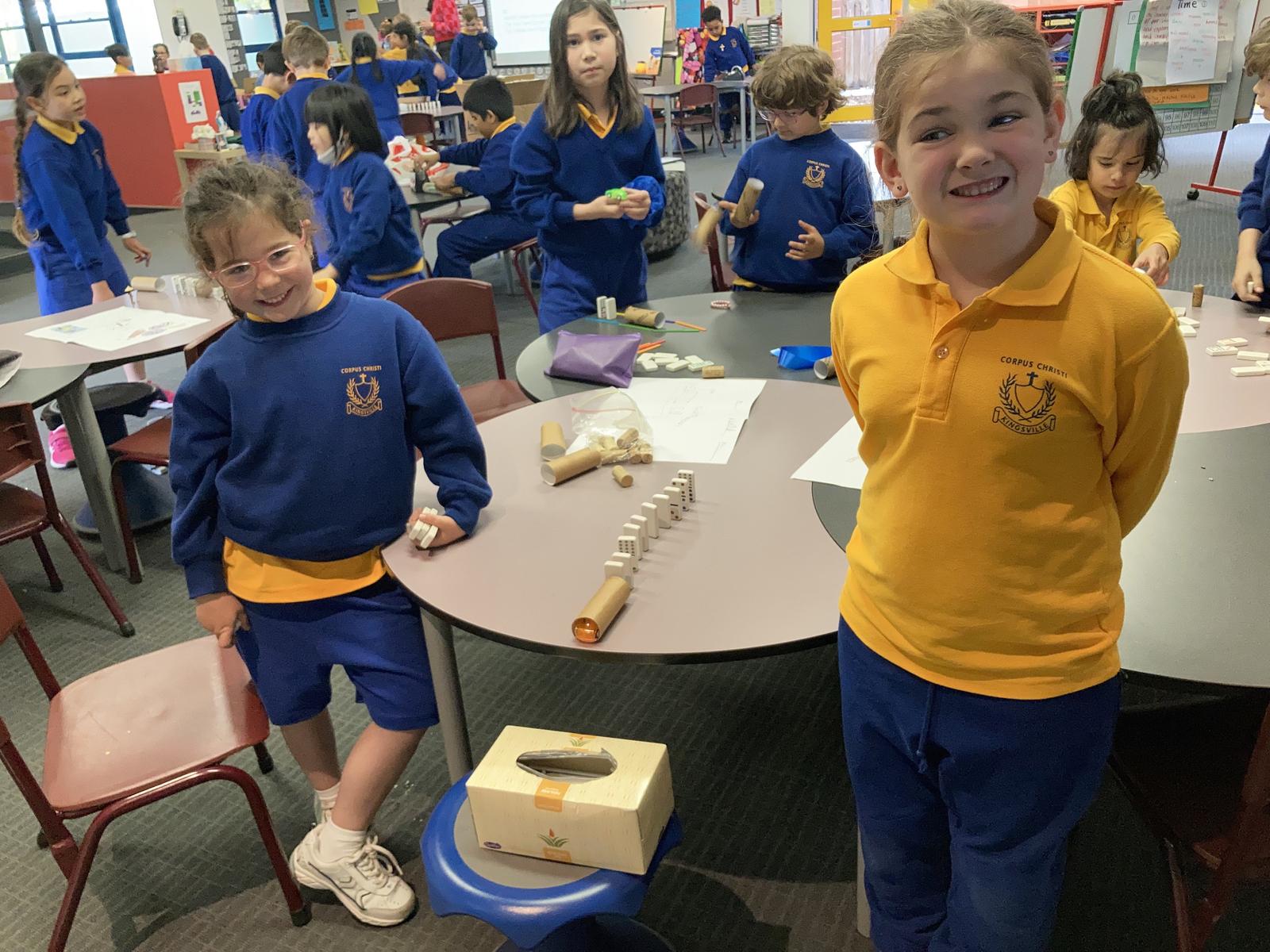Student Well-being
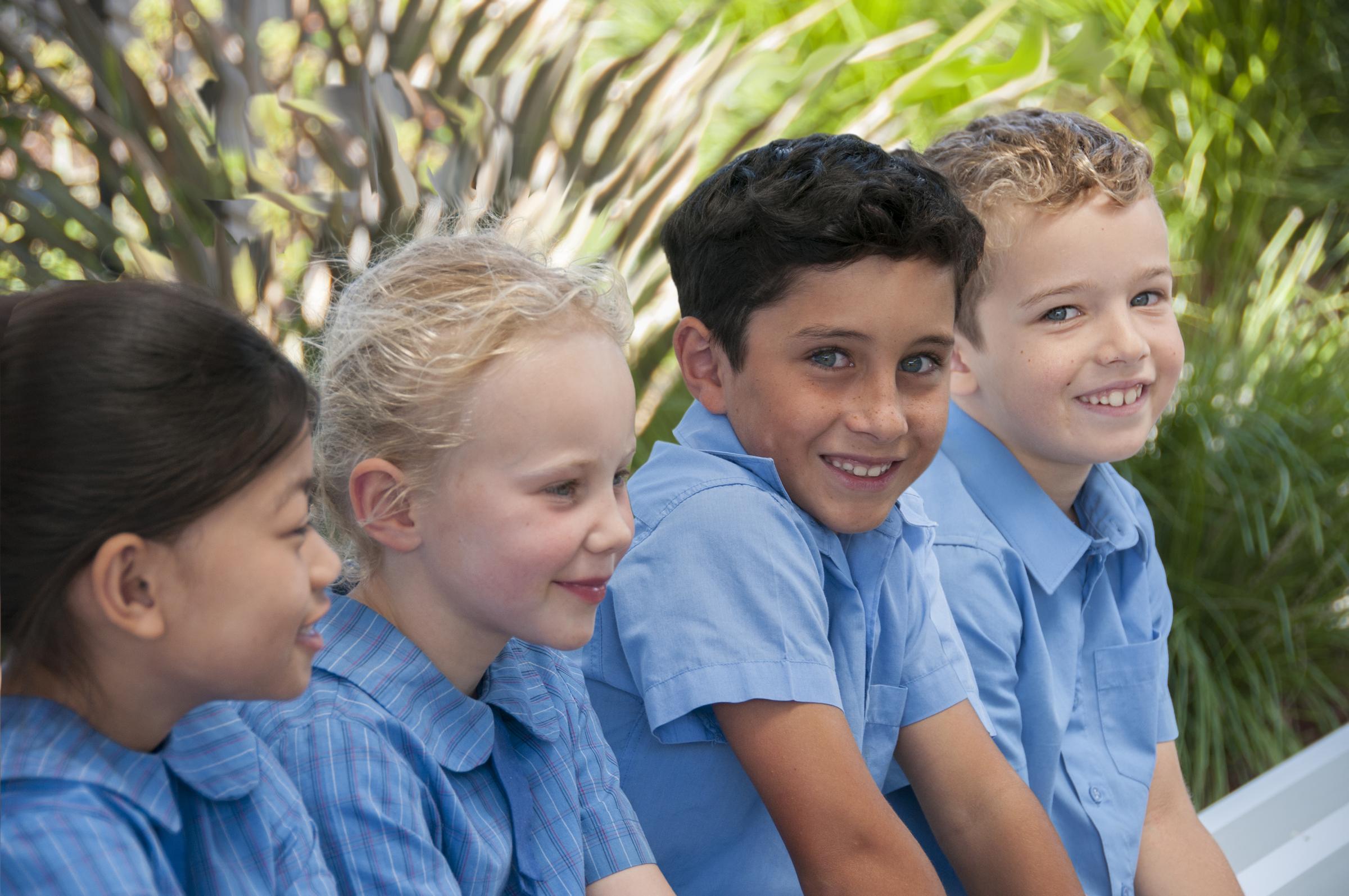
Community Spotlight: Year 1/2
Focus: Persistence
In the Year 1/2 Community we have been focusing on the theme of persistence, to keep on trying and not give up.
We have read entertaining books with a persistence theme during literacy - Rosie Revere: Engineer, Ada Twist: Scientist and Iggy Peck: Architect. The characters in these books showed lots of persistence and determination to achieve their goals and dreams even when times got tough.
We have worked hard to show persistence during our learning such as challenging ourselves in Mathematics and working in teams to make our Rube Goldberg machines in Inquiry. We made sure if something on our machine didn’t work the first time, we kept on trying our best to fix it to make it right.
Here are some photos of us showing persistence when we were making our Rube Goldberg Machines.
Looking after your child's wellbeing
Well-being comes from physical, mental and emotional health. For children and young people, there are many things that build positive well-being.
Wellbeing can come from:
- understanding and managing emotions
- having good relationships
- experiencing a sense of accomplishment
- using their strengths
- taking part in healthy activities, getting lots of sleep and eating well.
Build your child's wellbeing
There are many things you can do at home to help build and sustain your child’s wellbeing.
Praise, encouragement and positive attention
Praise helps your child feel good about themselves, which boosts self-esteem and confidence. It can also encourage good behaviour.
You can:
- give your child praise when they behave in ways that you want to encourage
- give your child attention. For example, play a game with them, do an activity together, send them a friendly text message, ask about their interests
- praise your teenager for their strengths
- let your child know you are proud of them.
Positive self-talk
Self-talk is the way we talk to ourselves with our inner voice. Positive self-talk is when we say positive things to ourselves. Self-talk has a big impact on how we feel and what we do.
Encouraging your child to talk to themselves in a kind and positive way can help improve their wellbeing and help them manage stress. When you hear them speaking about themselves that is not kind, you can:
- bring it to their attention
- ask them if what they are saying is true
- get them to think of a more helpful thought
- encourage your child to ‘speak’ to themselves the way they would speak to a best friend
- regularly remind your child of their strengths and accomplishments.
Maintain good relationships
A positive relationship with your child is critical to supporting wellbeing.
- Share family memories and stories together.
- Try to eat a meal together each night.
- Establish and maintain family rituals and routines.
- Social connections are vital for your child’s wellbeing. For example, helping your child stay connected to friends is important.
Take notice or being mindful
Mindfulness is paying attention to how you feel and what you see, hear, taste and smell. It is the opposite of rushing and multitasking. Mindfulness is being in the present rather than thinking about the future or the past.
It can make us more aware of our thoughts and feelings and can help reduce stress and anxiety. Mindfulness can help us slow down and promotes rest and healing.
Smiling Mind has created digital Care Packs to support the mental health of kids aged five to 12. The resources can be downloaded from the Smiling Mind website and provide parents and carers with practical support to help manage anxiety and promote positive mental health. Each pack includes brief learning tools as well as activities for children to use within the home or school environment.
To download the pack, see: Smiling Mind Digital Care Packs
For more information about mindfulness with children and young people, visit: Smiling Mind.
Practice kindness and gratitude
Gratitude is about taking some time to recognise and celebrate the people and things we love and are thankful for. Being grateful can have a big impact on wellbeing as it strengthens relationships and makes us more optimistic.
You can help your child practice gratitude by talking to them about:
- things that make them happy
- things that inspire them
- people and things that nurture them
- experiences and thoughts they would like more of
- helping them notice small pleasures like a cool breeze or a warm smile.
Being kind to others also supports wellbeing. It promotes feelings of gratitude as well as compassion and empathy. Kindness helps to build a sense of community and reduces stress.
With your child, make a list of all the ways they can be kind to family, friends and your community. Together, chose a few things to practice being kind.
Promote help seeking
It can be hard to ask for help but it is important that your child knows that it is okay. Encourage help seeking in your child by:
- asking how things are going
- letting them know it’s okay if they are feeling sad or frustrated
- listening without judgement when they seek out your support
- providing teenagers with a range of information about where to get help if they need it.
Set rules and boundaries
Clear rules and boundaries help children and young people feel safe. Involve your child in making the rules and they will be more likely to stick to them. Negotiating rules is a way of showing you respect their growing maturity.
Additional resources
- Advice, tips and resources - help to support your child's health and wellbeing, including online safety, attendance and getting involved in your child's school.
- Parentline - a confidential phone service that offers counselling and support on parenting issues.
- Raising Children Network - evidence based resources for everyday parenting.
Take care and stay safe,
Lauren Borg
Student Well-being Leader


